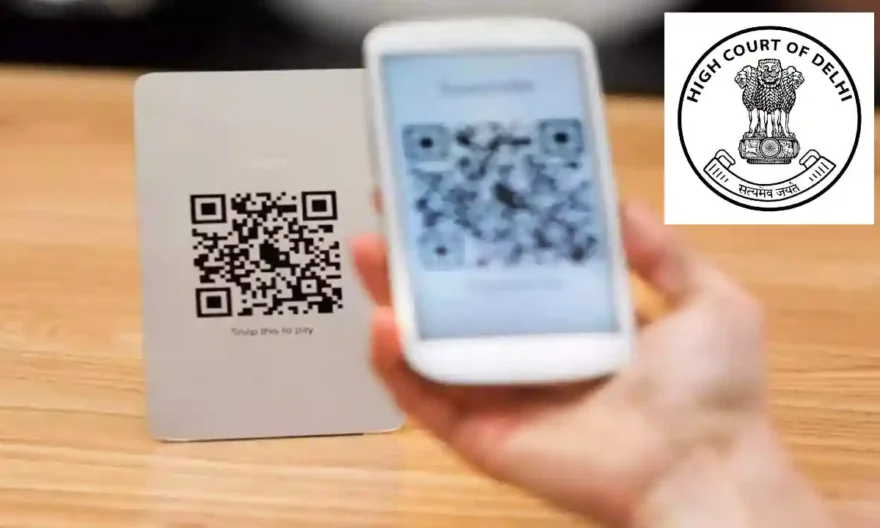
The Delhi High Court today has issued a notice to the Central government & Food Safety and Standards Authority of India (FSSAI) on a plea seeking QR code feature on all medicines, food products, and cosmetics.
The division bench of Chief Justices Satish Chandra Sharma and Subramonium Prasad asked the authorities to file their response to the plea and posted the case on August 16 for further hearing.
The Court heard a public interest litigation (PIL) petition by the non-governmental organization (NGO), The Kapila & Nirmal Hingorani Foundation and professors of Delhi University, Dr Smriti Singh & Shobhan Singh.
Therefore, the petitioner claimed that visually impaired persons face difficulties in identifying medicinal products and accessing all relevant product information.
The petition stated that these difficulties got exacerbated during the Covid-19 pandemic lockdown and continued lack of effective access to medicines, food, cosmetics and other consumer products constitutes a denial of the rights under Article 21 as well as their statutory rights under the Rights of Persons with Disabilities Act, 2016.
It was contended that, “In order to secure effective access to medicines, food, cosmetics and other consumer products, it has become imperative and expedient to affix Quick Response (QR) Codes in a proper manner and containing the requisite information so that a smartphone with accessibility feature could then scan the QR Code with its stored data or information about the particular product, and decode it to convert the text to speech format of the application.”
Therefore, the plea said that using QR Codes would increase the medical care efficacy for visually impaired patients.
The petition said that, “Employing QR Codes in the manner and form detailed in the Petition would increase the efficacy of medical care for visually impaired patients by reducing medication errors, incorrect dosages, unintended drug interactions and side effects. In addition, QR Codes could also help to choose the language of the instruction and/or allow text to voice in regional languages using google translator or similar tools.”
Further, petitioners argued that implementing these steps would help taking of daily and timely medication by visually impaired patients and all those who don’t understand, read or write English.
It was submitted that, “Apart from the substantial medical benefits, the use of QR Codes would also result in several social, economic and environmental benefits as stated in the Petition. Moreover, the addition of QR Codes to medicinal products could help combat the growing menace of counterfeit and substandard medicines which represent an enormous public health challenge, besides causing financial loss and damage to the reputation of trusted pharmaceutical companies.”




